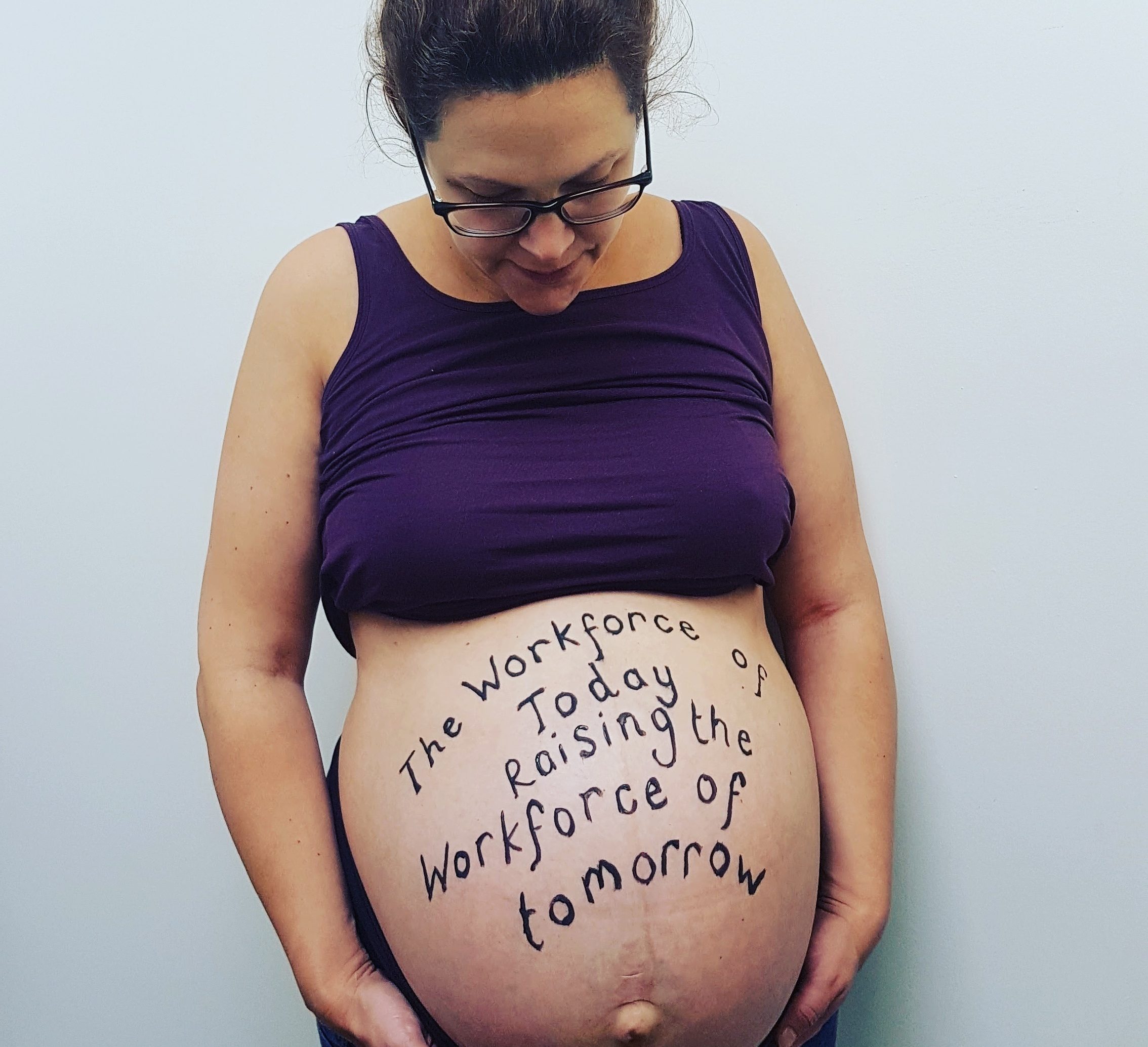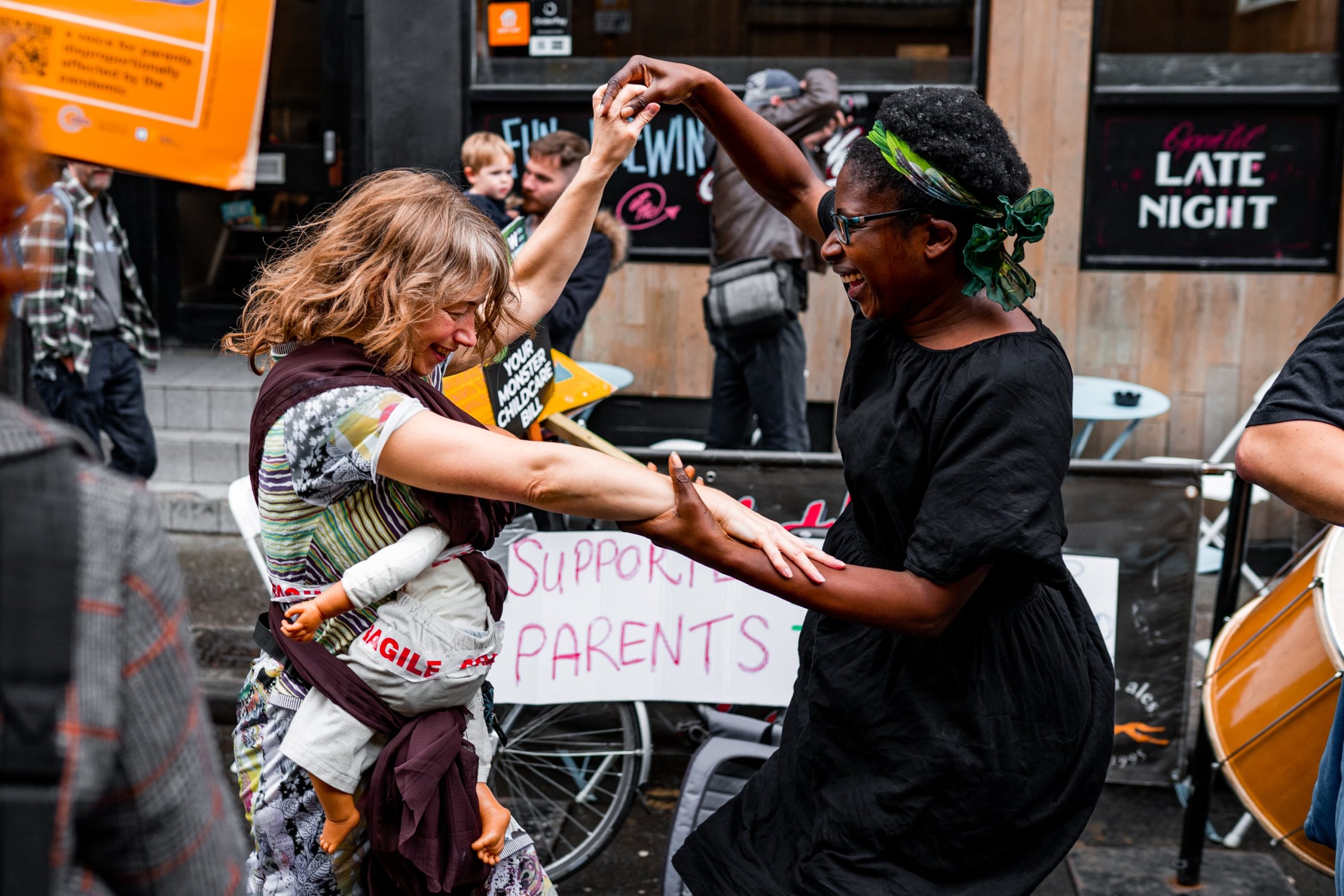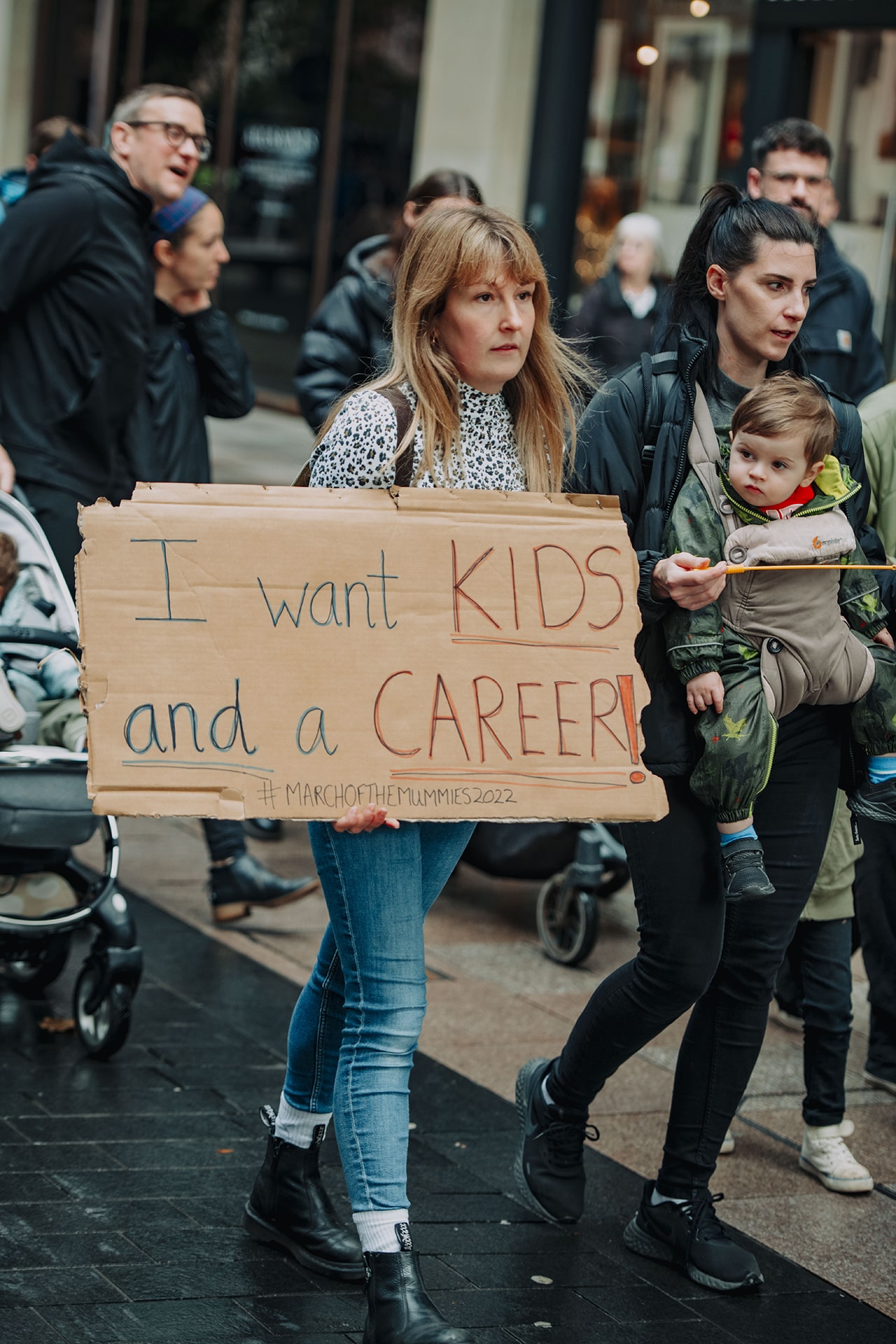Need advice on childcare option when returning to work after maternity leave? We can help.
By Danielle Ayres, correct as of 03/04/2022, reproduced with permission from Gorvins
Most children have now returned to school, but that does not mean the impact on working parents of the pandemic has ended, due to staggered start and finish times, the lack of before and after school care, the chance that children may need to self-isolate for 14 days if someone in their bubble tests positive and the usual “back to school bugs” also being a cause for concern.
Whilst homeworking still remains in place for some and businesses seeing the benefit of offering flexible working, parents / carers will be expected to carry on working, often with no consideration being given to the fact that they may need to look after their children due to nurseries and schools sending them home in accordance with the current rules, or indeed them falling ill.
So what are the options available?
Flexible working
You can ask your employer to alter your working arrangements to allow you to continue to work and care for your child/children at the same time, or alternate/share the responsibility with your partner/spouse. This could include allowing you to work from home or altering your hours / days of work.
The Government still maintain that employee’s should be allowed to work from home, where possible. Many employers are going further than this by allowing staff to reduce their days, start work earlier, log on to do work in at weekends or in the evening so that they can balance home and work life better, in the current situation.
If you think this would be beneficial, the first step is to have a discussion with your employer to explain the situation. Any agreement should then be recorded in writing so that there is no confusion as to what is expected and when, and should also be noted as a temporary arrangement only, perhaps for as long as schools and nurseries hours remain uncertain.
If your employer is being resistant, you do have the right to make a formal flexible working request. This would be a permanent change to your working arrangements, unless agreed in writing that it is only on a temporary basis.
Annual leave
You can ask to use any accrued annual leave, to mean that you have days off each week, or that your working days are shorter.
Dependent’s leave
You can request to a reasonable amount of time off where necessary for anyone who relies on you for care, to deal with unforeseen or emergency situations. Children being sent home from school or nursery and older relatives not being able to help with childcare would fall into these categories.
Whilst it is normally taken for short periods of time, without any alternatives available at this present time, there is an argument to say that it should last as long as the child has to stay off school and other family members / friends cannot assist. The leave can be taken for a few hours a day, or in blocks of time and should not be refused, given at present it is likely to be both reasonable and necessary for parents / carers to need the time off.
This type of leave is usually unpaid unless your employer has a policy in place which provides for you to be paid.
Parental leave
Parental leave is available to all employees who have 1 years’ continuous service, who have children under 18 years of age. You can take 4 weeks’ leave per child, per year and must be taken in blocks of 1 week.
You must give 21 days’ notice (albeit this can be shorter by agreement) and unfortunately, unlike dependant’s leave, an employer can refuse a request for parental leave or postpone it where there would be disruption to their business if it were allowed.
Again, this type of leave is usually unpaid unless your employer has a policy in place which provides for you to be paid.
Unpaid leave
Some employers are agreeing that employees can take unpaid leave for as long as necessary in order to look after their children. Your employment would continue throughout and the terms of the leave down to agreement with your employer, for example it may be paid/unpaid.
Sick leave
If you or anyone you live with is suffering from or has symptoms of COVID-19 or have been told to self-isolate by a doctor or NHS 111, you should self-isolate.
From 13 March, employees and workers who are self-isolating must receive at least Statutory Sick Pay (“SSP”) from the first day they’re absent from work. You may be entitled to enhanced sick pay if your employer has a policy in place which provides for the same.
Most employers are being sensible and understanding, given that even they themselves appreciate that their employees are in this position through no fault of their own and have very few options available to them.
That said, there are certain rogue employers who are not being helpful and whilst the above list highlights that there are options available, more certainty is needed as to the rights and protection of working parents / carers. If your employer is refusing to consider alternatives for you at this time then we would suggest you take legal advice, given that they may be grounds for a grievance complaint to be raised or, in the worst cases, Tribunal claims, such as indirect sex discrimination or constructive dismissal.
Other useful sources
There are also a number of other sources available including:



